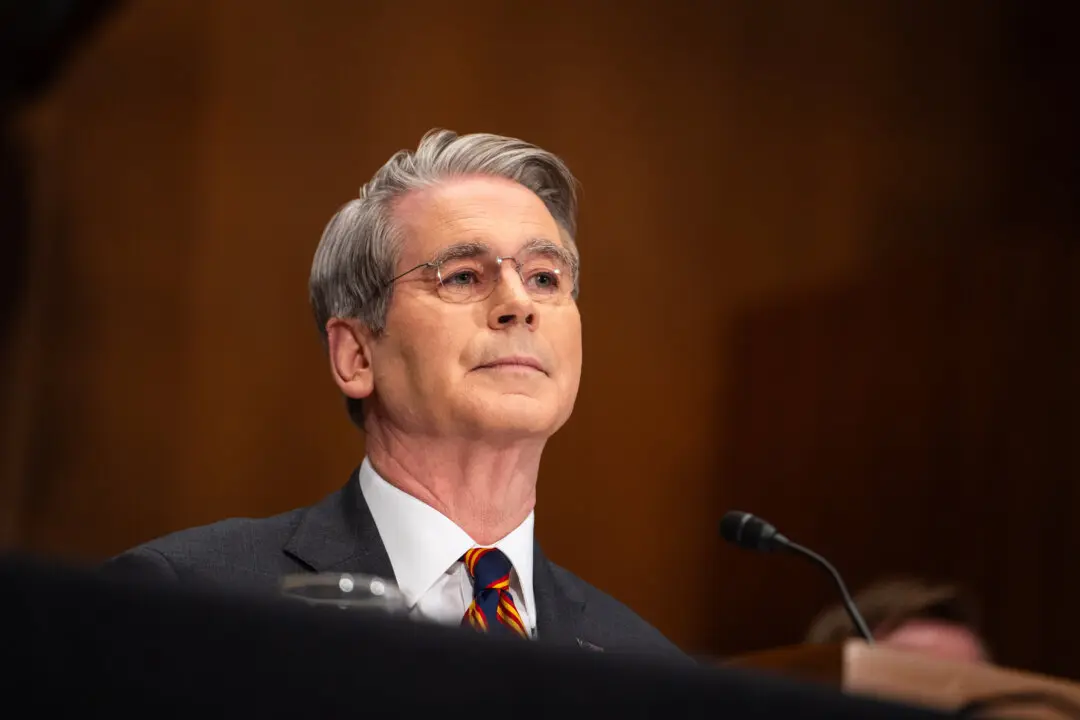The World Health Organization (WHO) warned that people should not mix and match COVID-19 vaccines from different manufacturers and described the phenomenon as a “dangerous trend.”
Soumya Swaminathan, WHO’s chief scientist, said Monday that more data is needed first before a proper health impact can be assessed.





